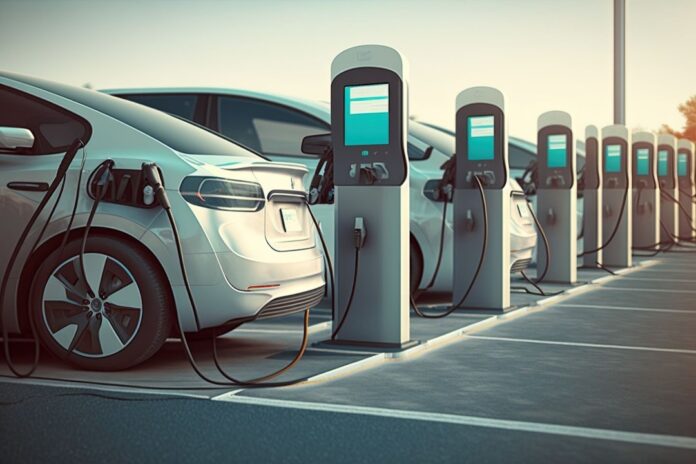In an era where sustainability is at the forefront of innovation, the automotive industry is undergoing a significant transformation. One of the key players in this evolution is the advent of new energy charging stations, reshaping the landscape of electric vehicle (EV) charging infrastructure. This blog post explores the pivotal role of new energy charging stations and their impact on the future of EV charger stations.
The Need for New Energy Charging Stations:
As the demand for electric vehicles continues to surge, the necessity for efficient and eco-friendly charging solutions becomes more apparent. New energy charging stations represent a crucial step towards reducing the carbon footprint associated with traditional fuel-powered vehicles. These stations harness renewable energy sources such as solar and wind power, aligning with global efforts to combat climate change.
Benefits of New Energy Charging Stations:
- Environmental Sustainability: Unlike conventional charging stations, new energy charging stations utilize clean energy sources, minimizing greenhouse gas emissions and contributing to a cleaner environment.
- Cost-Efficiency: The long-term cost benefits of new energy charging stations are substantial. By tapping into renewable energy, these stations reduce dependence on traditional power grids, resulting in lower operational costs over time.
- Energy Independence: Harnessing solar and wind power provides energy independence, making new energy charging stations resilient to power grid failures. This ensures continuous charging availability, even in adverse conditions.
- Promoting Renewable Energy Adoption: The installation of new energy charging stations encourages the adoption of renewable energy technologies, fostering a sustainable energy ecosystem.
The Evolution of EV Charger Stations:
EV charger stations have evolved significantly from their early counterparts, and the integration of new energy sources marks the next phase in their development. The combination of cutting-edge technology and sustainable practices is reshaping how we perceive and utilize EV charger stations.
- Smart Charging Infrastructure: New energy charging stations are equipped with smart technologies that enhance user experience and optimize energy consumption. Users can remotely monitor and manage their charging sessions, contributing to a more efficient and user-friendly charging network.
- Increased Charging Speeds: Technological advancements in EV charging are not limited to sustainability. New energy charging stations are designed to deliver faster charging speeds, addressing one of the primary concerns of EV users – the time required for a full charge.
- Enhanced Connectivity: Integration with IoT (Internet of Things) technologies allows EV charger stations to communicate with vehicles, enabling seamless interactions and real-time data exchange. This connectivity contributes to a more intelligent and responsive charging infrastructure.
Conclusion:
In conclusion, the rise of new energy charging stations marks a significant leap forward in the evolution of EV charger stations. The marriage of sustainable energy sources with advanced charging technologies not only benefits the environment but also enhances the overall efficiency and effectiveness of the charging infrastructure. As we move towards a greener future, the synergy between new energy charging stations and electric vehicles is set to play a pivotal role in reshaping the transportation landscape. Embracing these innovations is not just a step towards sustainability; it’s a leap towards a cleaner, smarter, and more connected future.


